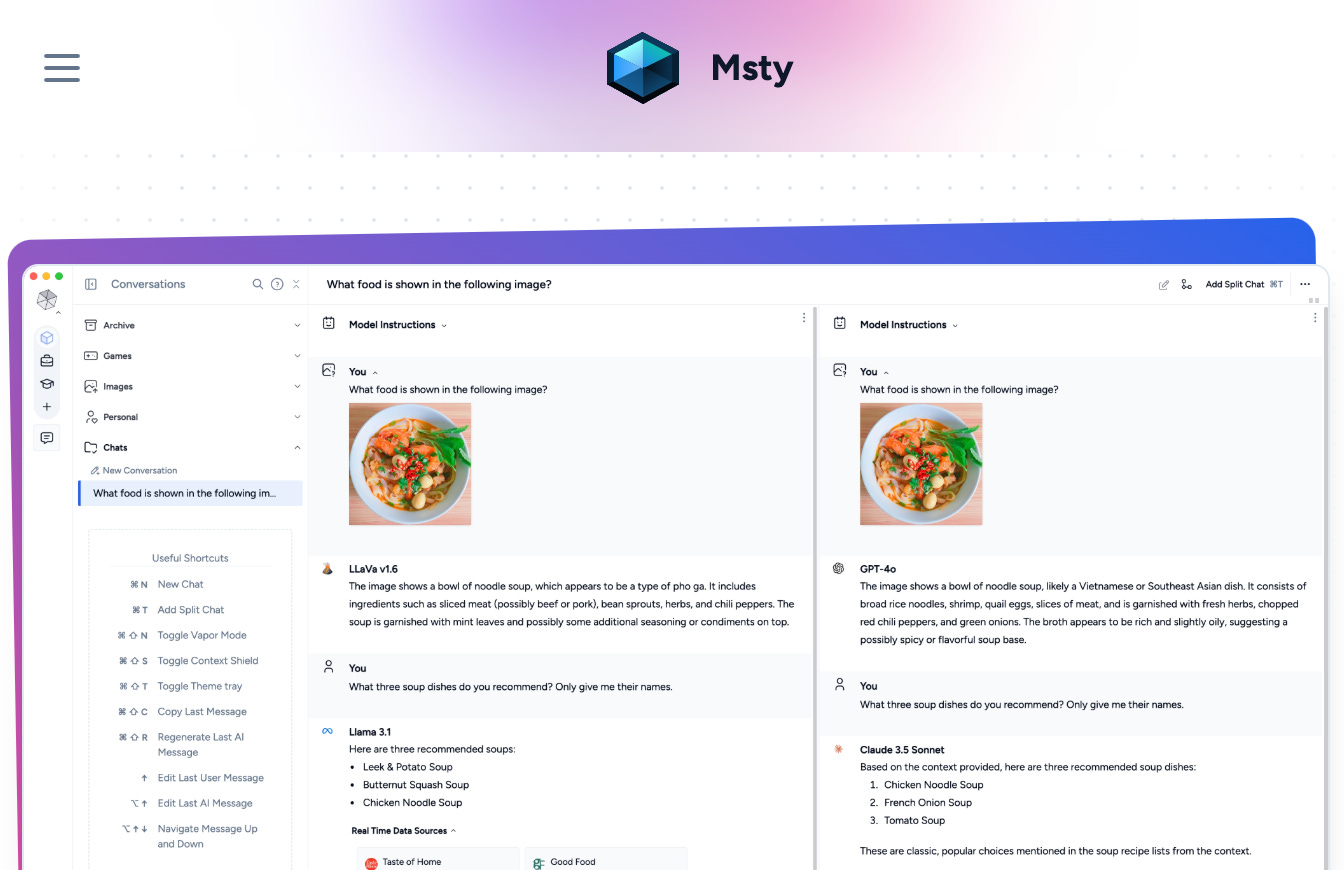The Two Essential AI Prompting Guides You Need to Know
Plus, The two best resources for advance prompting
Welcome to another edition of ProductiveGrowth 🌱, monthly stories about AI and how it applies to productivity, leadership, motivation, and anything else that allows us to work less and achieve more.
First time reading? Sign up here.
Master AI Prompting: Essential Strategies for Better Results
"The right prompt is worth a thousand words" - Modern productivity proverb
Mastering AI prompting requires understanding both foundational principles and advanced implementation patterns. Here's a comprehensive guide to both levels:
FOUNDATIONAL RESOURCES
OpenAI's Prompt Engineering
Overview: Six strategies for getting better results
Write clear instructions
Provide reference text
Split complex tasks into simpler subtasks
Give the model time to "think."
Use external tools
Test changes systematically
Key takeaway:
These six strategies increase model output quality by up to 50% based on OpenAI's testing, with particularly strong improvements in accuracy (25-40% gain) and reliability (30-45% gain) when combining multiple strategies like clear instructions and systematic testing.
Anthropic's Prompt Engineering User Guide
Overview: A structured guide on improving prompts through systematic optimization, designed for teams with established success criteria and evaluation methods who want to enhance their prompt performance through proven techniques efficiently.
Prompt generator
Be clear and direct
Use examples (multishot)
Let Claude think (chain of thought)
Use XML tags
Give Claude a role (system prompts)
Prefill Claude’s response
Chain complex prompts
Long context tips
Key takeaway:
Each prompt engineering technique is broken down into simple, actionable components that achieve performance gains through basic methods. Anthropic's interactive tutorials in GitHub/Google Sheets help teams master these concepts faster than documentation alone.
ADVANCED RESOURCES
LangChain's Youtube LangGraph Series
Overview: A comprehensive 31-video series teaching practical implementation of AI agents.
Breaking down complex LangGraph concepts
Demonstrating practical agent architectures
Implementing state-of-the-art research papers
Showing real-world applications
Key takeaway:
Bridges the gap between theory and practice, making advanced agent development accessible to development teams through hands-on demonstrations and real-world examples.
Anthropic's "Building Effective Agents"
Overview: A research paper distilling key patterns from successful production deployments.
Core Architectural Patterns:
Workflows: Predefined code paths for structured tasks
Agents: Dynamic, self-directed processes for complex problems
Implementation Patterns:
Prompt Chaining: Sequential task decomposition
Routing: Intelligent task distribution
Parallelization: Concurrent processing
Orchestrator-Workers: Hierarchical task management
Evaluator-Optimizer: Iterative improvement cycles
Design Principles:
Start with the simplest viable solution
Use composable patterns over complex frameworks
Implement feedback loops for continuous improvement
Focus on production reliability over theoretical complexity
Proven Applications:
Customer Support: Leveraging conversation flows with tool integration
Software Development: Utilizing automated testing and iteration
Key takeaway:
Real-world implementations show these simple, composable patterns significantly outperform complex frameworks in both development speed and production reliability, particularly in customer service and software development applications where automated workflows and agent-driven processes deliver measurable business value.
EDITOR’S PICKS
Transform Your Note-Taking with Local AI Tools! - NVIDIA shows how to supercharge Obsidian, a popular note-taking app, with powerful AI features using your RTX graphics card. Learn how to set up local AI models that protect your privacy while enhancing your productivity without needing complex technical knowledge.
Ten Game-Changing Ways to Use Notion's New AI Assistant - If you want to boost your productivity in Notion, their newly released AI assistant offers powerful content creation and organization features. From generating blog outlines to translating text between languages, Notion AI streamlines everyday tasks without requiring multiple apps or subscriptions. The standout features include grammar correction, content summarization, and intelligent content generation. My favorite capability is using AI to expand on your existing notes, which helps overcome writer's block and develop ideas more fully.
Five Game-Changing AI Prompt Types for Better Summarization - If you're finding it challenging to create effective summaries of complex documents, try these five AI prompt techniques shared by PromptLayer. From zero-shot to chain-of-thought prompting, each approach creates explicitly more accurate and valuable summaries. My favorite is the role-playing prompt type, which helps tailor summaries for specific audiences by assigning a relevant perspective to the AI. Combined with six practical examples, these techniques will transform how you approach document summarization.
DISCOVER:
If you want a simplified way to interact with AI models both locally and online, check out Msty. It's an AI interface tool designed to streamline working with multiple AI models without technical setup. It features parallel chat comparisons, customizable prompts, and visual conversation tracking, letting you explore and compare AI responses while maintaining privacy through local model options.
SCROLLING THROUGH
If you're interested in efficient AI image generation models, check out the new FLUX paper. It's a new text-to-image model that achieves similar quality to current state-of-the-art models while using dramatically simplified 1.58-bit weights (just -1, 0, and +1 values). The model can generate high-resolution 1024x1024 images with significantly reduced computational requirements compared to traditional approaches.
What did you think of this issue? 🤔
See you next issue, Steve 👋
SUPPORT, CONTRIBUTE, or SPONSOR
If you like this issue, buy us a coffee to support our work.
Ask a question, Write a guest post, share your story, or recommend an article: reply to this email or submit it here.
Sponsor a post or social media by getting your media kit here.
If you find this newsletter valuable, consider sharing 📨 it with friends or subscribing if you haven’t already.





